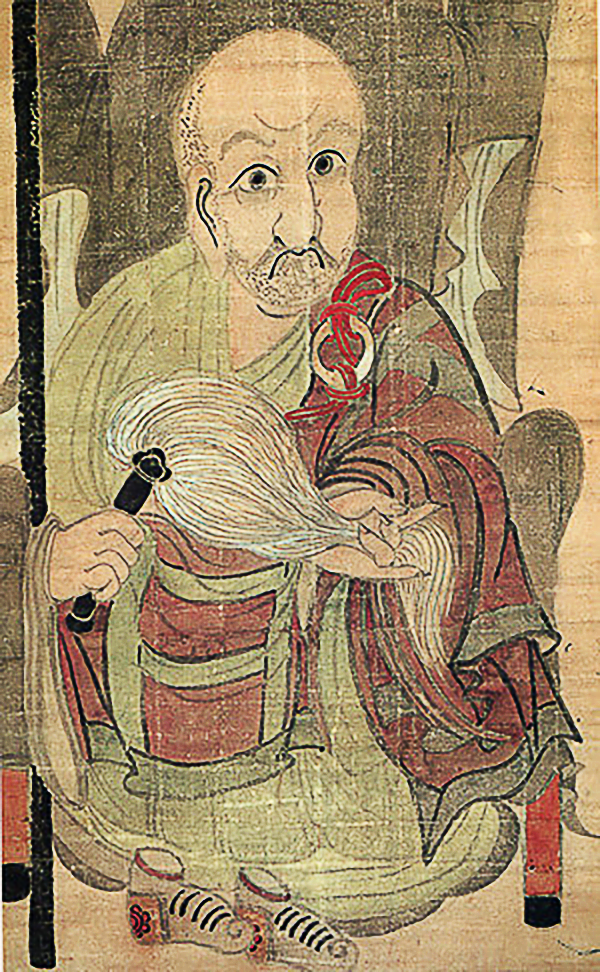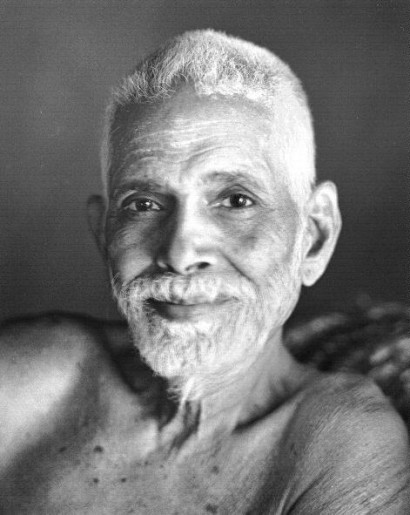
lee madgwick
An influence comes.
Good fortune to those
whose hearts are
correct.
The hexagram Hsien indicates the coming of an influence. This may take the form of a teaching from the Sage, an interaction with another, or a disturbing or pleasing event. In any case, there is good fortune if you meet the influence with proper thoughts and actions.
It is a good time to remember that like attracts like. If one gives expression to higher things, then one is surrounded by higher things. If one indulges in what is inferior, then one can expect to have the company of inferiors. Therefore, it is wise to cling steadily to humility, independence, gentleness, and openness.
With others, keep an open heart, free of desire, condemning no one, enjoying affinities while retaining your equanimity. With the Sage, keep a clear connection. Seek resolutely to serve as a conduit for truth and innocence and goodness.
If the influence is challenging, persevere in correctness. If it is pleasing, also persevere in correctness. Maintaining your devotion to higher things insures success in the coming time.
from The I Ching, or Book of Changes
Hexagram 31 Influence (Wooing)
ebooks & apps of the Tao the Ching, I Ching,
Hua hu Ching, Wei wu Wei Ching,
Art of War for iPad, Phone,
Kindle, Nook, or
Android
You
can now buy
the I Ching as part of a
five-app bundle of Taoist classics
for iPhone or iPad for less than
the cost of one hardcover
book.






